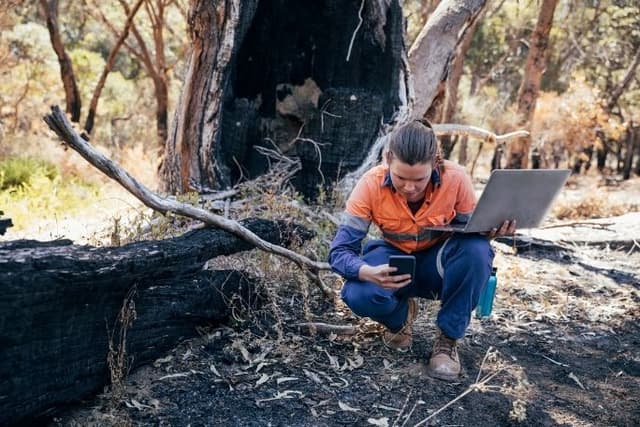
Beyond the Bushfires - Being A Fire Scientist
Lesson8 of 8 in this unit
SecondaryYear 7 - 10ScienceEnvironmentalClimate ChangeConservationDisaster resilienceEconomicRisk Management
Summary
Lesson Guides and Printables
Lesson Plan

Student Worksheet

Teacher Content Info
